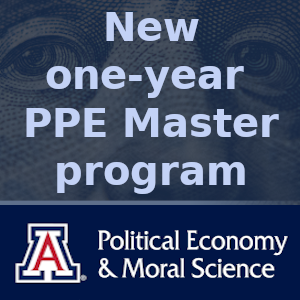Philosophers among Swiss National Science Foundation Grant Winners
The Swiss National Science Foundation recently announced which projects will be funded by their Starting Grants, and among them are two headed up by philosophers.

They are:
Damiano Costa (USI, Lugano)
“Temporal Existence” [CHF 1,797,074 (≈ $1,886,000)]
Everything in our universe exists at some time and at some place. But what is it for something to exist at a time? What is temporal existence? This SNF Starting Grant tackles this question head-on. Drawing on metaphysics and physics (Special and General Relativity in particular), this interdisciplinary project will launch a systematic inquiry into the nature of temporal existence. It will also explore the transformative impact that this inquiry can have in philosophy and beyond. Questions to be addressed in the four sub-projects include: What is temporal existence—a property, a relation, a mode of being, none of these? What is spacetime? Under what conditions, if at all, does Relativity Theory support the spacetime view? How, if at all, should our views on temporal existence be revised in light of Relativity Theory? And what impact do theories of temporal existence have on several central questions in metaphysics, philosophy of mind and philosophy of religion?
Baptiste Le Bihan (Geneva)
“Space, Time and Causation in Quantum Gravity” [CHF 1,747,937 (≈ $1,835,000)]
Does space exist over and above the objects around us? How does time differ from space? Recent scientific advances herald nothing less than a conceptual revolution regarding those questions with the stunning idea that space and time are not, fundamentally, real. This revolution comes from quantum gravity, a network of research programs in theoretical physics that aim at developing a novel and more explanatory framework for weaving together the knowledge from our current best and most fundamental physical theories: the general theory of relativity and quantum physics. Many approaches to quantum gravity imply the revolutionary idea that some properties usually considered as the hallmarks of space and time, such as spatial distances or temporal order, do not exist fundamentally and emerge from a more fundamental non-spatiotemporal structure. However, to fully understand the emergence of space and time and its philosophical implications, we must also account for the causal relations that seem to structure the natural world, and enable human beings to interact causally with their environment. Indeed, the non-fundamentality of space and time seems to stand in the way of a straightforward analysis of causal relations in terms of causes and effects, located in space and time in temporal sequences. This raises the question of how to reconceptualize causation in a non-spatiotemporal world. The project aims at articulating and evaluating various conceptions of causation compatible with a fundamentally non-spatiotemporal world.
You can see the full list of Starting Grant winners here.



